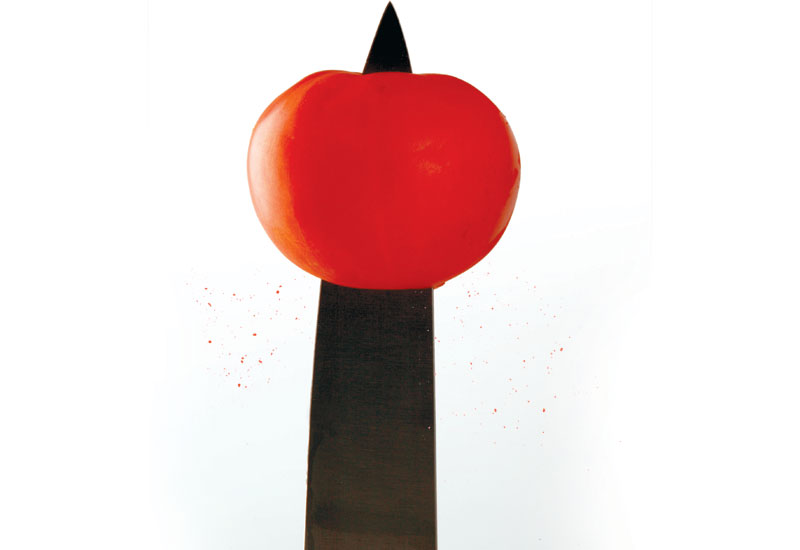As the organic industry fights a tough economic climate, Ben Watts talks to the experts about what has happened to the demand for organic produce: can the market recover, or has the rot set in?
According to the USA’s Organic Consumer Association, organic food currently accounts for less than 2% of global food sales. In the Middle East, an area unsuited to the climatic requirements for mass organic production, the situation is even worse.
All is not well in the organic sector, according to one of the region’s only exclusive organic retailers.
Organic Foods and Café chief executive officer Nils El Accad remarks: “There is no market in the Middle East; we are the only really organic retailer and the market is still in its infancy.
“Conventional supermarkets stock a bit, but it’s gone backwards rather than forwards because of the recession,” he asserts.
In the food service market, the situation has deteriorated completely, claims El Accad.
“We have a food service company and, for fine dining, it has gone all the way down; the hotels are all buying cheaper products and they’re definitely not looking to organic.
“They were not really interested in organics before and now they’re not interested in organics at all.”
Despite El Accad’s reservations, there are chefs in the region who continue to source organic produce.
Gabriele Kurz, chef de cuisine at the Madinat Jumeirah Al Qasr Hotel’s vegetarian Magnolia Restaurant, says: “I am buying more and more organic products.

Advertisement
“You can get quite a big range of everything, but not all the time; it’s not yet consistent, but that will come.”
While Kurz is an advocate of organic ingredients, she admits that it’s difficult to buy 100% organic all the time in the region, due to the climate and the often limited range available from the few suppliers importing such goods into the region.
“There are good suppliers,” she explains. “But they are still limited; the thing is, the production of organic ingredients does not satisfy the demand.
“Whatever we can get from this region we will take, but this is a process that we need to give time to.”
An important point raised by Kurz is that the market remains in it infancy and will take time to grow; after all, organic food only accounts for a small percentage of food sales worldwide. And in more established organic markets such as in Germany, the UK and the United States, the demand for organics has remained relatively strong.
Organic Foods and Café’s El Accad notes that demand varies from country to country. “In some countries it’s not been hit hard at all — more people may be unemployed or perhaps have less business, but they’re still there,” he notes.
“In other countries it’s growing, because people now have more time to focus on healthy eating. Before, everyone was in a rush and did not have time. In Germany for instance, it’s growing, but it’s an unusual market compared to somewhere like the US, where the market has dropped sharply.”
Chris Smith, account manager at UK-based Rachel’s Organic, believes the organic industry’s small market share is not necessarily a negative.









 Search our database of more than 2,700 industry companies
Search our database of more than 2,700 industry companies









